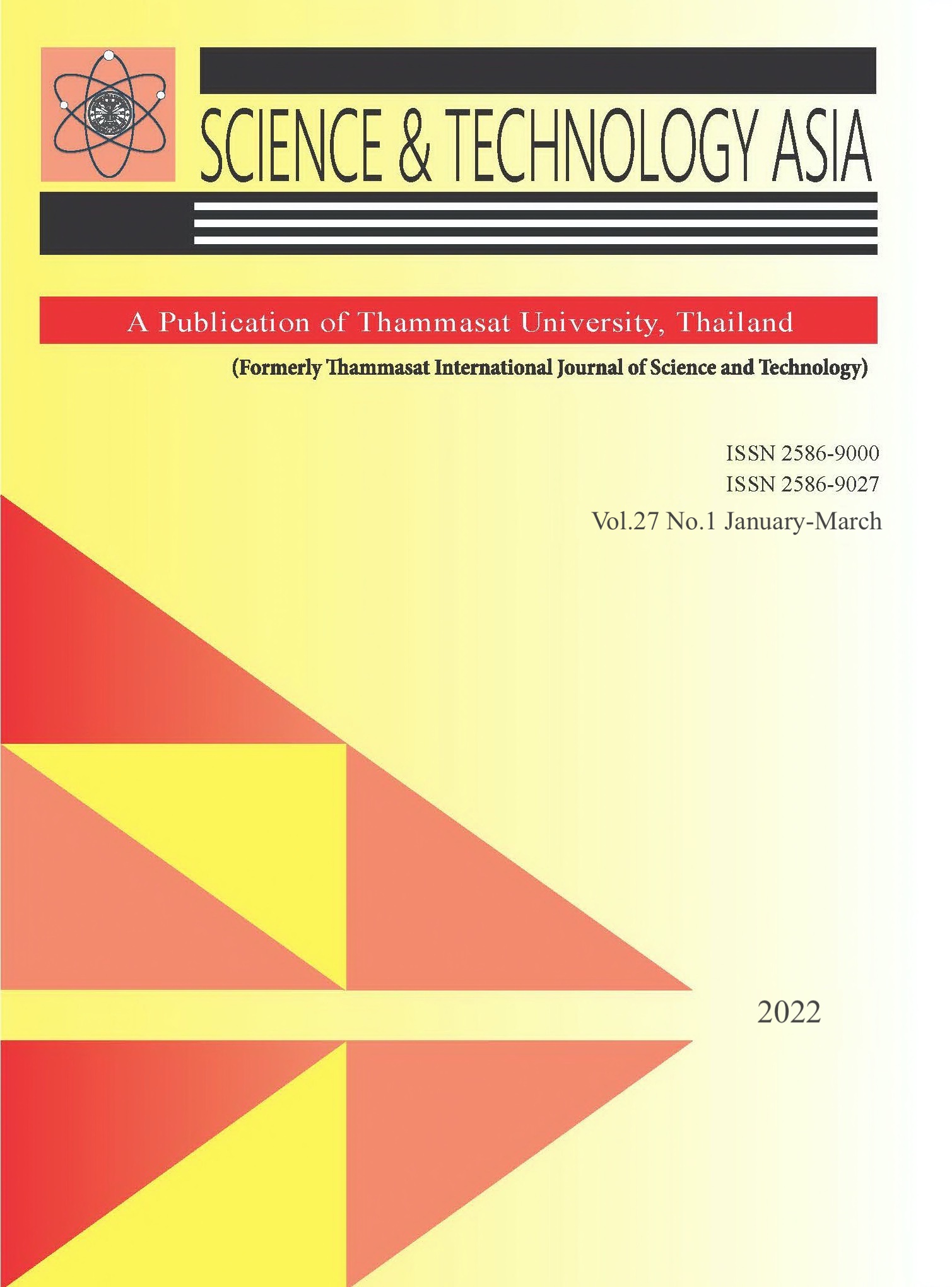A Phase I Study of Oral Phlai (Zingiber cassumunar Roxb.) Capsule in Healthy Adult Volunteers
Main Article Content
Abstract
Zingiber cassumunar Roxb., called Phlai in Thai, is a traditional herb, has multiple bioactive properties including anti-inflammatory activity, smooth muscle relaxation, antihistamine activity, and mucin secretion lowering properties. As a result, Phlai may have the potential to treat asthma. Our phase I study aimed to study the safety profile of oral Phlai capsules in healthy adult volunteers during 12 weeks of consumption. Ten participants, aged 18-50, were prospectively enrolled. Blood samples were taken to measure complete blood count, blood urea nitrogen, creatinine, electrolyte, liver function and fasting blood sugar; urinary analyses for all, and urine pregnancy testing for female volunteers, were done. With normal lab results, the volunteers commenced taking two oral Phlai capsules once daily (200 mg/day) over 12 weeks. The same blood and urine tests were performed at 1, 2, 4, 12 and 14 weeks. The mean age (SD) of participants was 36.10 (7.26) years old. There were no laboratory abnormalities during the study and follow-up period except in one volunteer, a 25-year-old male with a slightly decreased white blood count of 3.6 x103/μl (neutrophil 39.8%) in the 1st week and 3.9x103/μl (neutrophil 40.6%) in the 14th week. Four participants reported somnolence 4-5 hours after taking the drug during the first two weeks. In conclusion, oral Phlai capsules (200 mg/day) for 12 weeks did not cause serious adverse events, including the laboratory abnormalities in our healthy volunteers. However, somnolence was found in 40% of the participants during the first 2 weeks and improved over time.
Article Details

This work is licensed under a Creative Commons Attribution-NonCommercial-NoDerivatives 4.0 International License.


